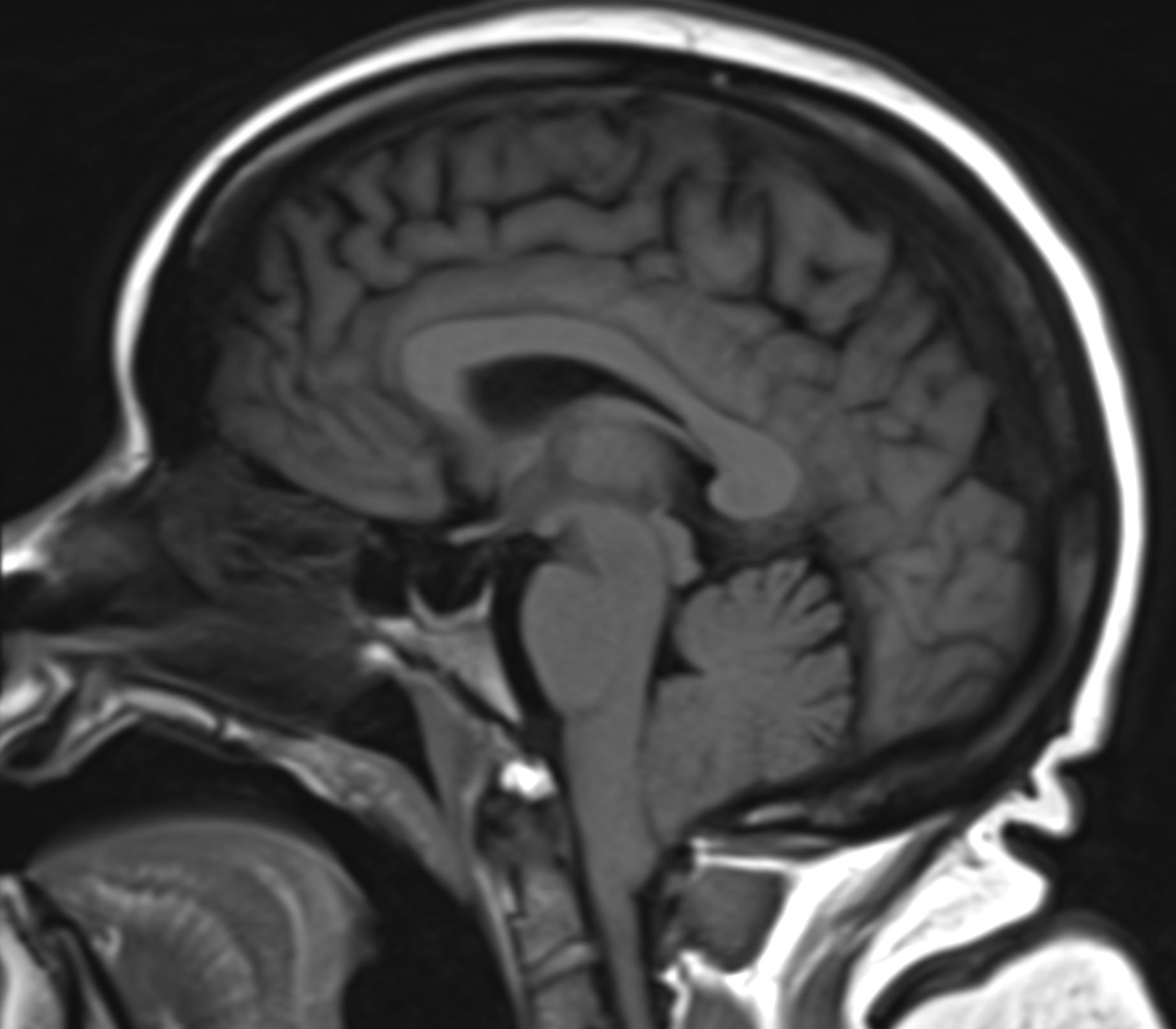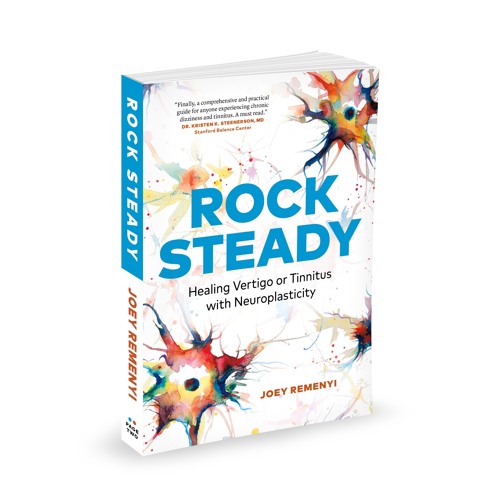Menieres Disease Vertigo And Tinnitus Arches Tinnitus
The relationship between tinnitus and vertigo. tinnitus and vertigo are both diseases of the inner ear and, sometimes, the brain. tinnitus is often an inner ear issue, and this can cause balance issues. not all people who suffer from tinnitus also suffer from vertigo, but some do. conversely, vertigo can be be the cause of balance and ear problems. Corticosteroids are also used in the management of several inner ear disorders including meniere's disease. dexamethasone is a well tinnitus vertigo with known steroid that possesses potent anti-inflammatory properties. in one study, meniere's patients were treated with a combination of lidocaine and dexamethasone by inner ear transtympanic perfusion. eighty three percent (83%) of the patients treated with transtympanic perfusion experienced immediate relief from ear fullness and dizziness; 69% of patients had sustained relief after one year. Vertigo is a feeling of spinning dizziness as though the surrounding environment or space is spinning around you. this condition may happen when you look down vertigo is a feeling of spinning dizziness as though the surrounding environment. Their analysis suggests that around 14. 8% of patients experience tinnitus, or “ringing in the ears,” 7. 6% have hearing loss, and 7. 2% have rotatory vertigo, which is a sensation of spinning. the.
See full list on tinnitus123. com. Ménière’s disease is a disorder of the inner ear that causes severe dizziness (vertigo), ringing in the ears (tinnitus), hearing loss, and a feeling of fullness or congestion in the ear. ménière’s disease usually affects only one ear. attacks of dizziness may come on suddenly or after a short period of tinnitus or muffled hearing. Vertigo is that unsettled feeling of moving or spinning when you're perfectly still. sometimes a person experiencing vertigo will feel like the room is moving when it actually isn't. dizziness is often a descriptor used for vertigo. read on. See full list on tinnitusformula. com.
Tinnitus And Dizziness Symptoms Cause Best Treatments
All About The Relationship Between Tinnitus And Vertigo
Their analysis suggests that around 14. 8% of patients experience tinnitus, or “ringing in the ears,” 7. 6% have hearing loss, and 7. dua% have rotatory vertigo, which is a tinnitus vertigo with sensation of spinning. Tinnitus & vertigo ménière’s disease. people with ménière’s disease often experience both at least temporarily and often at the same time. labyrinthitis. labyrinthitis is an inner ear infection affecting your hearing and balance causing a bony delicate benign paroxysmal positional vertigo. with. There are a variety of things that can cause symptoms of vertigo. pin-pointing what the masalah is can help you and your doctor establish an effective treatment plan. pin-pointing the cause of vertigo symptoms and what puts you at risk can. Meniere's disease gets its name from the french physician prosper meniere, who first described the illness in 1861. in 1981 a class of otolaryngologists founded the prosper meniere society. this class's primary goal is to promote the academic dissemination and discussion of clinical research data on meniere's disease and all aspects of inner ear dysfunction, pathophysiology, diagnosis and treatment.

Meniere's disease vertigo and tinnitus arches tinnitus.
Covid19 Links To Tinnitus Hearing Loss And Vertigo

It can cause episodes of vertigo along with ringing in the ears (tinnitus) and hearing loss. vestibular neuritis or labyrinthitis. this is an inner ear dilema usually related to infection. The relationship between tinnitus and vertigo tinnitus and vertigo are both diseases of the inner ear and, sometimes, the brain. tinnitus is often an inner ear issue, and this can cause balance issues. not all people who suffer from tinnitus also suffer from vertigo, but some do.
Treatment medication in the event that the cause is meniere's and not an infection, there are several medical treatment possibilities which have varying degrees of success. treatment may consist of medication to improve inner ear circulation such as blood pressure pills, which are vasodilators. diuretics with anti-dizziness medication are also used to reduce pressure buildup. special diets low in sodium and potassium are frequently recommended. salt plays a damaging role in reducing circulation in the inner ear and can aggravate both meniere's and tinnitus. patients are also advised to discontinue use of caffeine, nicotine and alcohol. sometimes medication is applied directly to the inner ear by methods called transtympanic injection or perfusion. dr. michael seidman is in the forefront of this medical therapy and has written an article titled \"medicines to treat inner ear disorders\". one antibiotic sometimes used is gentamicin which is related to streptomycin. it was first put into widespread use in the mid-1940s to treat tuberculosis. one unfortunate side-effect was that it damaged the hearing and vestibular system and frequently resulted in deafness. otolaryngologists quickly realized that this negative effect could be tinnitus vertigo with put to good use in people with meniere's disease. by intentionally killing off part of the vestibular system that caused extreme vertigo, they could stop the dizziness. this therapy is quite successful however the risk of total hearing loss has averaged around 30-40%. surgery there are also surgical treatments available for meniere's. these treatments are only recommended when other treatments fail to relieve attacks of dizziness and pressure. surgery is successful in relieving acute attacks in the majority of patients. in an italian study, 44 patients complaining of vertigo caused by vascular vestibular disorders were randomly treated with egb 761 or with betahistine dihydrochloride for tiga months. both drugs reduced the speed of vertigo but betahistine dihydrochloride considerably reduced, where egb 761 considerably improved, the visual-vestibular association. (2). See more videos for vertigo with tinnitus. Vertigo is the sense that you or your environment are moving or spinning in circles. it's considered to be one type of dizziness. it has been described as feeling like the world is spinning around you. one way to imagine vertigo is the sens.
10 Causes Of Vertigo Facty Health
Webmd explains the causes, symptoms, and treatment of vertigo, a sensation of spinning that is related to problems with the inner ear. vertigo is a sensation of feeling off balance. if you have these dizzy spells, you might feel like you ar. There are a number of different medications, including certain antibiotics which can contribute to the developing of tinnitus as well as dizziness which is a common symptom. tinnitus in and of itself is not a disorder, but rather a symptom of a larger underlying problem. those who experience dizziness have a sub-symptom which may indicate tinnitus. hearing loss has also been closely tied in with tinnitus, although it is not believed to be an actual symptom. some people who develop tinnitus have had severe injuries sustained to their inner ear, whether through physical syok or loud noise. either one can be responsible for the feeling of vertigo which may occur when it comes to having tinnitus. doctors and researchers still arent quite sure what links dizziness and tinnitus, although it is suspected that it has something to do with the inner ear being affected. because there are many different causes of tinnitus, it is hard to pinpoint an exact reason why it occurs in many of those who have it. one possible explanation is that there is a large buildup of wax in the ear, which once removed properly can solve the dilema of vertigo. sometimes it isnt that simple though. the dizziness which those who have this condition may experience could be permanent with no real way to reverse the damage that has already been done. damage to the hair cells which are located in the inner ear can be one explanation as to why someone who has tinnitus might feel dizzy.
10 causes of vertigo facty health.

Penaksiran is based upon your medical history and the presence of: two or more episodes of vertigo lasting at least 20 minutes each tinnitus temporary hearing loss a feeling of fullness in the ear. Hearing loss, tinnitus and imbalance/vertigo a reader of this blog has asked us to discuss how hearing loss relates to tinnitus and balance problems. what follows represents a very brief review. there seems little doubt that hearing loss, tinnitus and imbalance are related to inner ear (vestibular) problems. The most common symptom is tinnitus (ringing in the ears) followed by hearing difficulties and vertigo. tinnitus. tinnitus is a common condition, affecting around 17% of all adults. most people with tinnitus also have hearing loss, suggesting a close link between the two. While not all tinnitus sufferers experience vertigo, nearly everyone with meniere’s disease experiences severe vertigo, tinnitus, hearing loss and a feeling of fullness in the ears. this can be very frightening and a typical episode can last from two to four hours to more than a day or longer.
Posting Komentar untuk "Tinnitus Vertigo With"